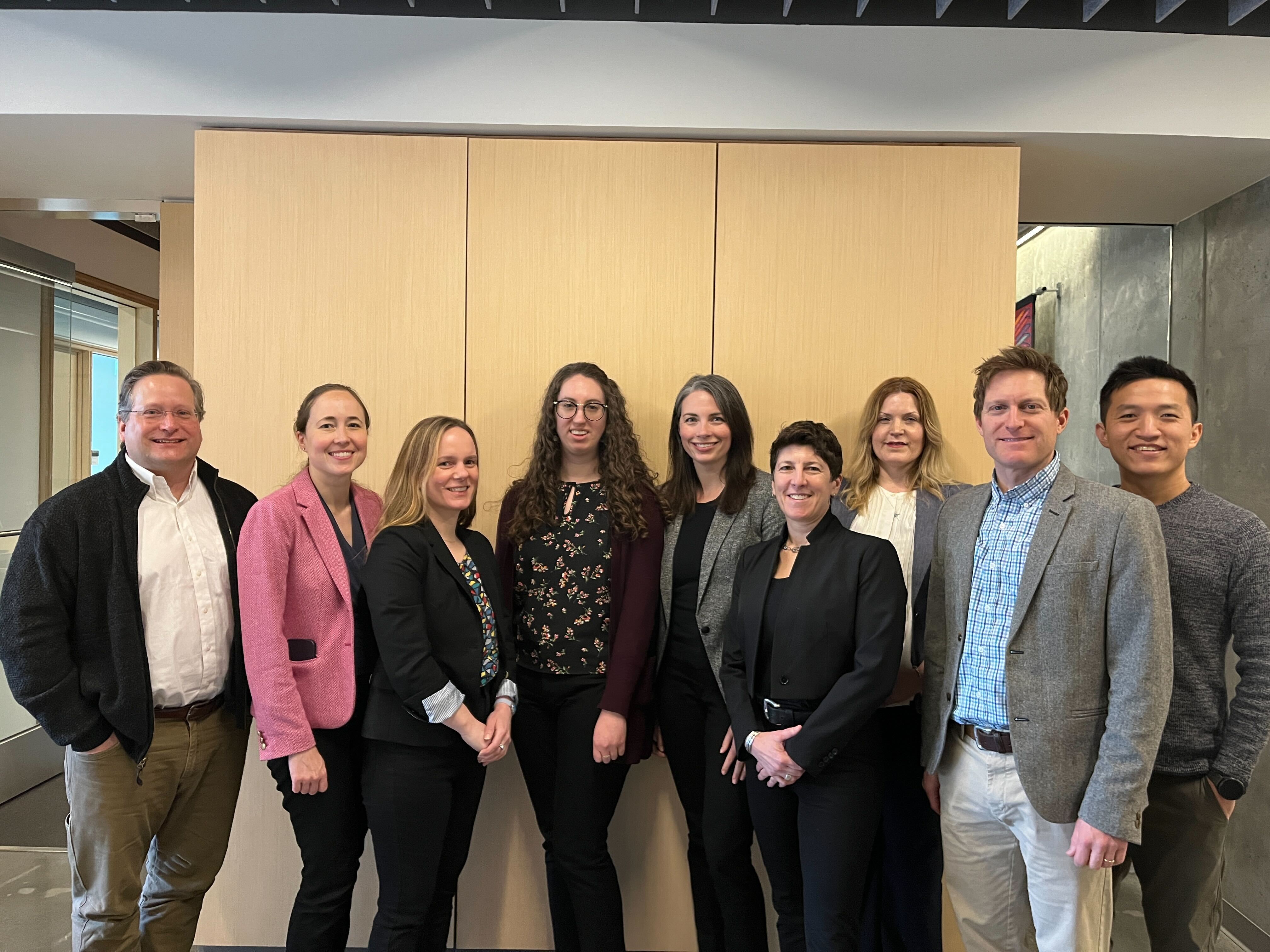
About Us
Our mission is to transform MIT into a replicable model—one that generates just, equitable, applicable, and scalable solutions for responding to the unprecedented challenges of a changing planet.
To achieve our mission, we seek to advance a collaborative process that engages and elevates a diverse set of voices to foster operational excellence, education, research and innovation on our campus.
Creating a next generation sustainable campus
The MIT Office of Sustainability (MITOS) was established in 2013 under the Executive Vice President and Treasurer's Office to integrate sustainability across all levels of our campus by engaging the collective brainpower of our students, staff, faculty, alumni, and partners. We have set out to ensure that sustainability is a critical part of MIT’s standard operating procedures and is fully integrated into the working, research, teaching, social and cultural spheres of our campus.

The MITOS team. Read more about the team here. Photo taken in our office space in E38. Learn more about the test bed features of this space here.


